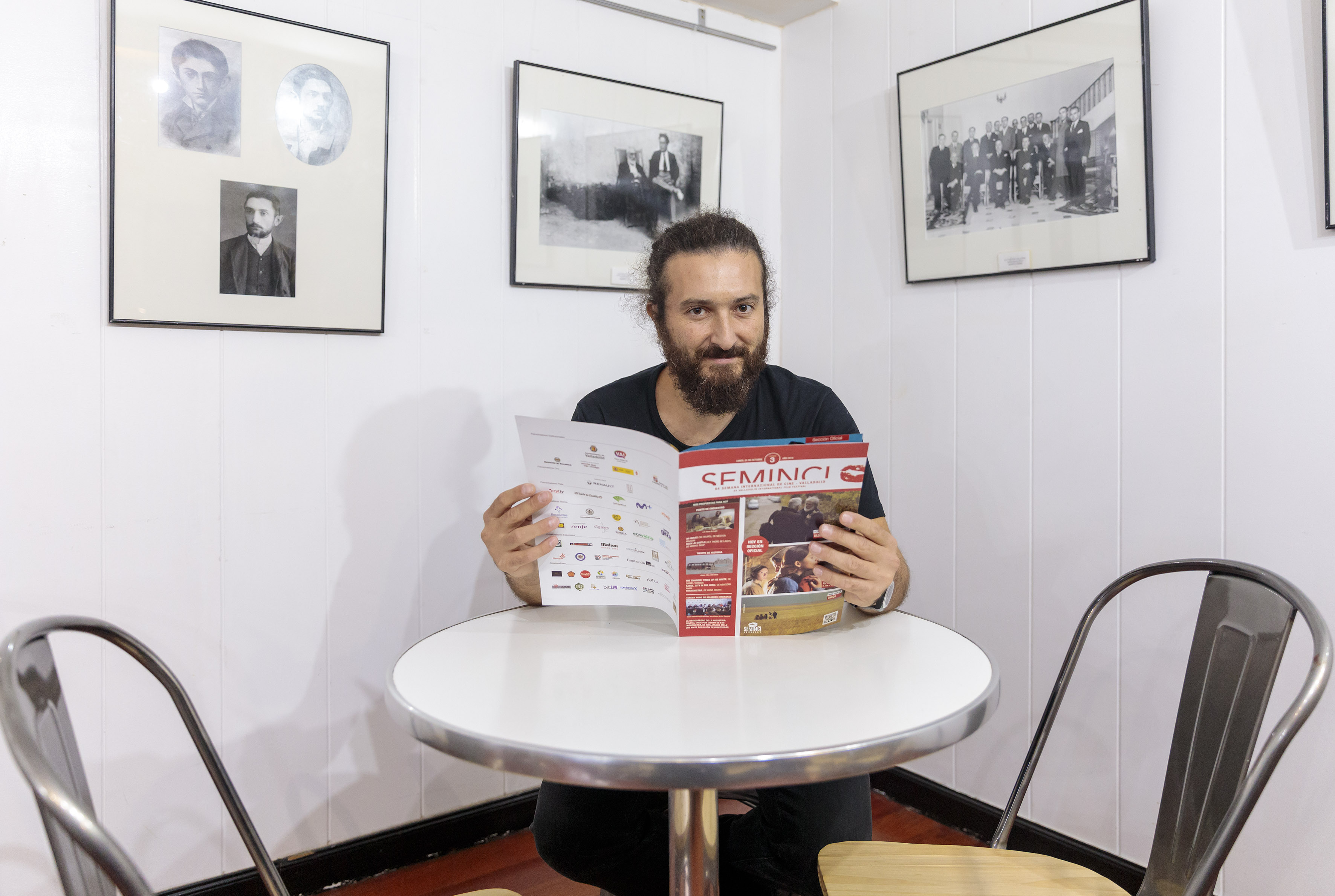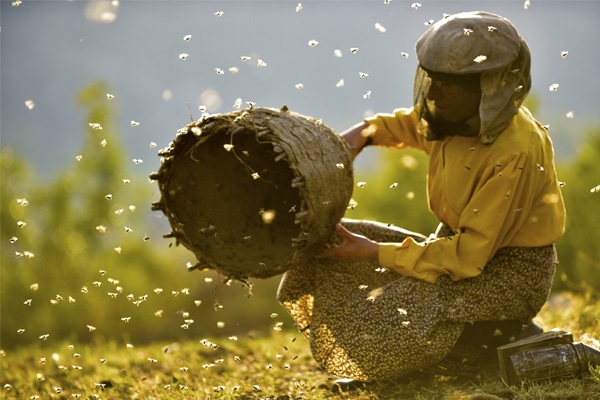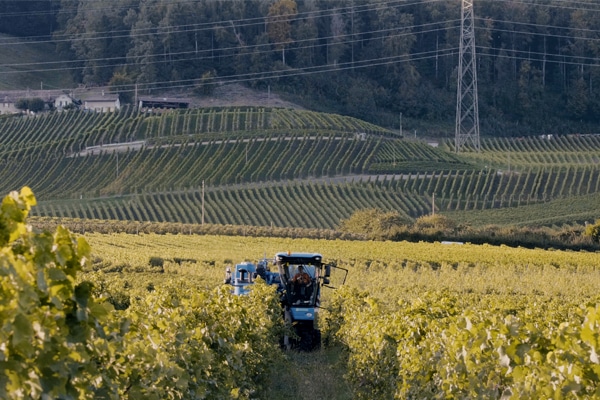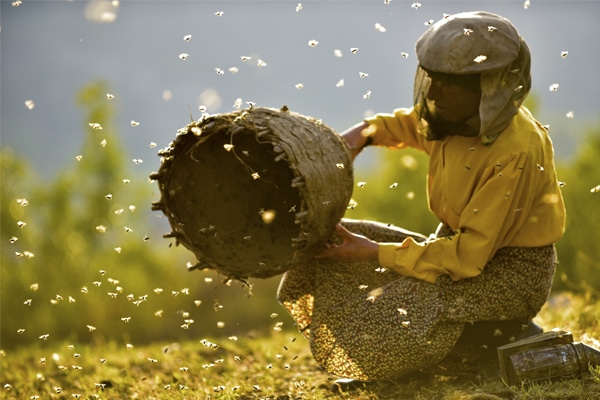
Samir Ljuma, director of photography at ‘Honeyland’
The Price of Progress received a Special Mention for its thorough view of the food crisis and its negative impact on health
25/10/2019.- The Green Spike jury, made up of David Baute, Eva González, Gerardo Olivares, Elvira Cámara, Cristina Castro, José María Castro, and José María Enríquez, decided to award the Green Spike to the film Honeyland, by Ljubo Stefanov and Tamara Kotevska “for its depiction of the fragile balance between the rhythm of natural life and production demands, showing the contrast between certain lifestyles and others which are less respectful with the environment.”

The jury also highlighted “this Macedonian film’s narrative and aesthetic approach, and also how the filmmakers overcame difficulties in trying to go beyond the initial objective of an environmental educational project towards its true involvement with the care and improvement of the quality of life of the film’s protagonists, proving with facts that people who work in the film industry, if they set their minds to it, can use films not only to raise awareness about this issue, but also to care for and pay attention to people directly affected, and whose tragedies, being unknown or overlooked, sometimes seem to have nothing to do with us.”
As a matter of fact, its director of photography visited the 64th Seminci to talk about the film and said that “it is a very clear message that we have to leave something of what there is for future generations.”
The story of Hatidze, the film’s protagonist, is a microcosm for a broader idea that explains how intertwined nature and human beings are, and how much we can lose should we ignore this fundamental connection.
The families in the film use an old Turkish vernacular, so the film relies on visual narration instead of dialogue: “the characters understand each other by means of their body language and relationships, and their emotions. This visual and visceral communication brings the audience closer to the protagonists and, more importantly, to nature,” the directors point out. This is how they manage to convey the feeling that “we, as humans, are one out of many different species equally affected by the circumstances surrounding us.”
The Price of Progress

The jury agreed to award a Special Mention to the film The Price of Progress by Víctor Luengo, “for its thorough view of the food crisis and its negative impact on human and environmental health, as well as for its depiction of organizational barriers and discourse management that prevent change in the European food and agriculture production model,” according to the jury.
The Price of Progress explores the network of schemes, emotions, fears, political pressures, and arguments used by some of the main spokespeople of European-based food corporations, lobbyists, politicians, leading scientists, experts, and investigative journalists in the sector.
Both films were screened during the Film and Climate Change sessions of the 64th Valladolid International Film Festival, which were held on October 24 and 25.
